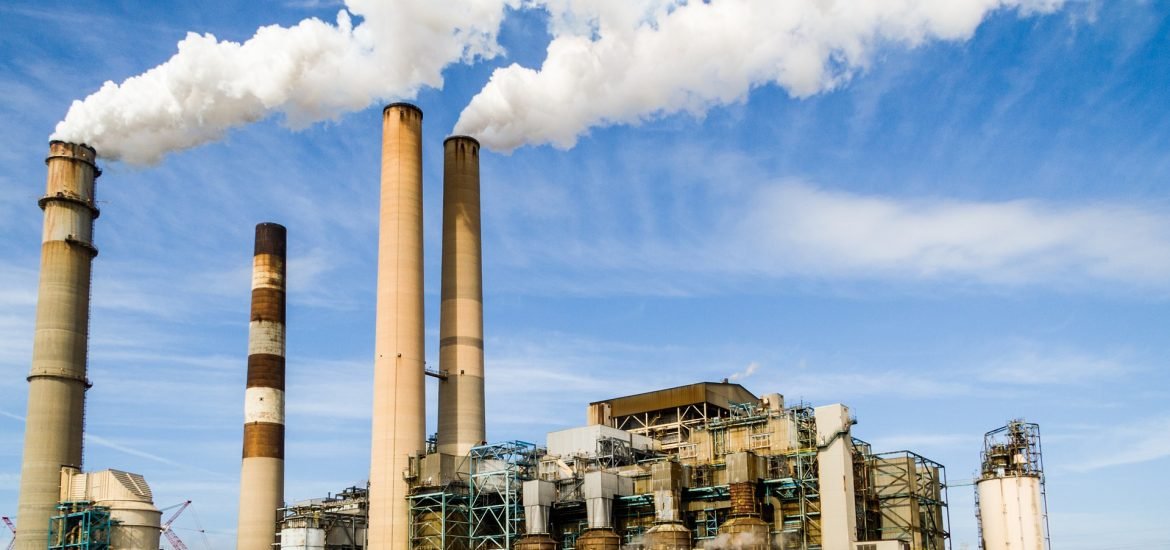
Members of the European Parliament passed a law on Tuesday to cut CO2 emissions and encourage low-carbon investment and innovation.
The new law aims to start delivering on European Union pledges under the Paris Agreement. In addition to reducing the availability of CO2 emission allowances, the law will create two new funds to support low-carbon innovation. The law, which was approved by 535 votes to 104, with 39 abstentions, has already been informally agreed with EU ministers.
According to the European Parliament, the law will speed up the withdrawal of emission allowances available on the EU’s Emissions Trading System (ETS) “carbon market”. The ETS covers around 40% of EU greenhouse gas emissions. The law also seeks to reduce the risk of companies relocating their production outside of Europe due to emission reduction policies, a phenomenon known as “carbon leakage”. Sectors facing the highest risk of relocation will receive ETS allowances for free, while sectors with lower risk will receive 30% for free.
“The ETS remains the cornerstone of our EU policy to combat climate change,” said rapporteur Julie Girling, a Conservative MEP from the UK. “We have done our best to agree on an ambitious update. The ETS has had many detractors over the years. We tackled most of the problems – from a carbon price that was clearly too low to make the market function, to the extremely difficult issue of striking the balance between our environmental ambition and the protection of an energy-intensive European industry,” Girling added.
In addition to reducing CO2 emission allowances, the law will create two funds to help foster innovation and promote the transition to a low-carbon economy. The first is a modernisation fund that will help upgrade energy systems in lower-income EU member states. MEPs cleaned up the financing rules to ensure the fund is not used for coal-fired projects; however, exceptions will be made for district heating in the lowest-income member states. The second is an innovation fund to provide financial support for renewable energy, carbon capture and storage, and low-carbon innovation projects.
Some fear the EU will face difficulties meeting its environmental goals as a result of the UK’s exit from the bloc. Last week, a leaked document seen by The Guardian from the European Conservative and Reformist group, which represents Conservative MEPs, said Brexit will make it “impossible” to guarantee the maintenance of current environmental standards in Britain or the EU. The paper added, “If the UK withdraws from the single market it will be impossible to fully ensure that the country’s environmental policies do not have a negative impact [on Europe]”.
Similarly, Lord Deben, who chairs the Committee on Climate Change, said Brexit could put Britain’s record of progress on issues including water quality and emissions at risk.
Others disagree: UK Environment Secretary Michael Gove vowed to deliver a “green Brexit”, while Prime Minister Theresa May said in a speech last month that “Brexit will not mean a lowering of environmental standards”. Mrs May added, “We will use the opportunity Brexit provides to strengthen and enhance our environmental protections – not to weaken them.
[…] European Parliament voted in favour of the update earlier this month. Although the new rules had been informally agreed with […]